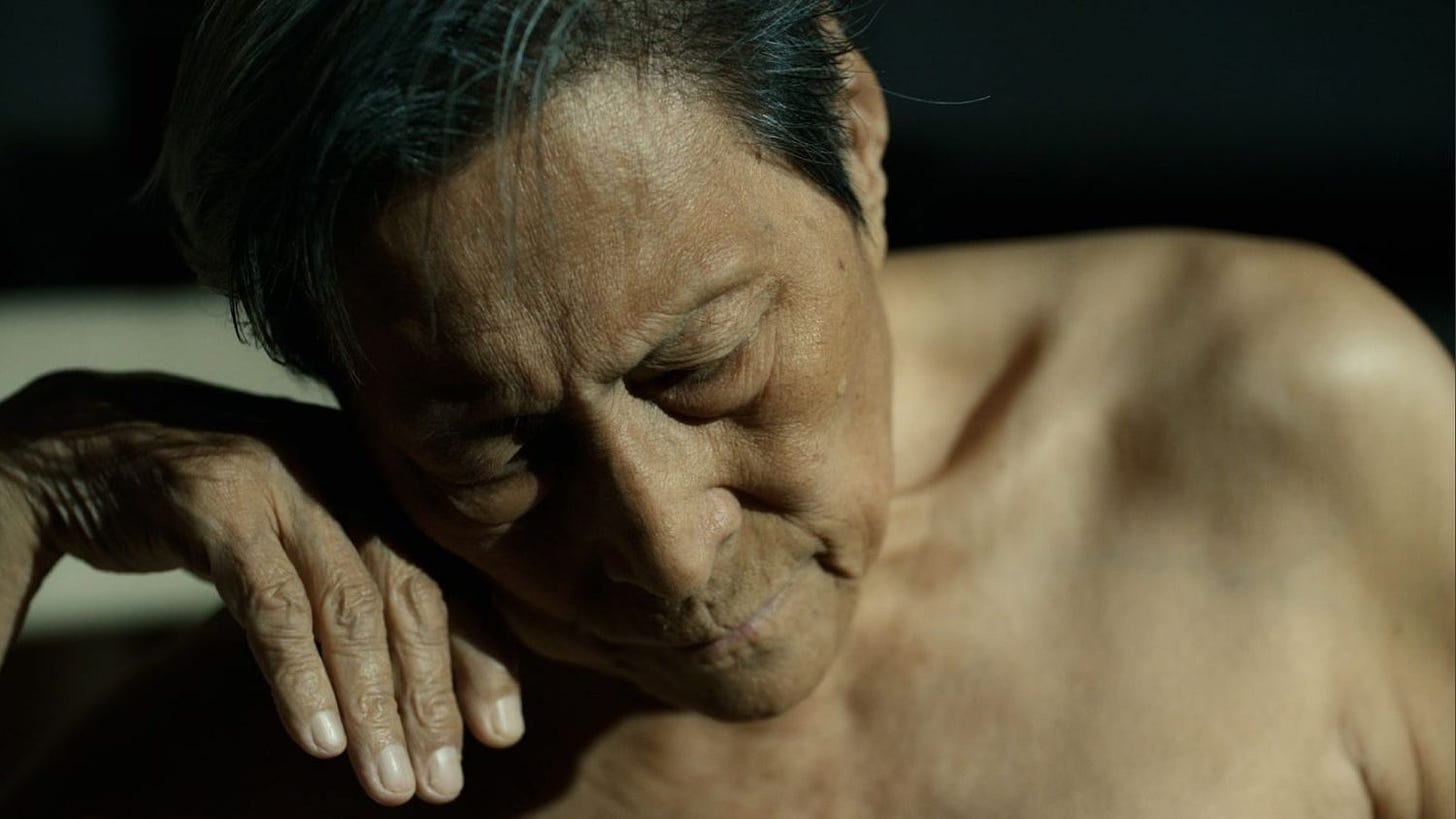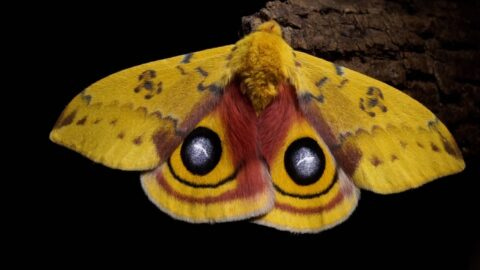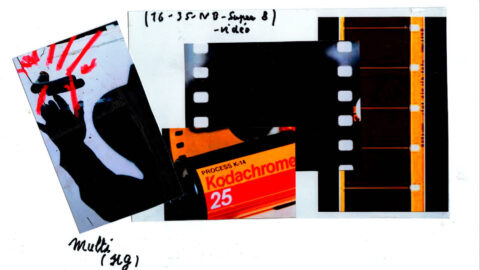I haven’t been to New York since I was a child. Vague impressions still linger: endless rows of yellow taxis, visiting FAO Schwarz, the biggest toy store I’ve ever seen, and a trip to Ellis Island. But if I ever were to revisit the Big Apple, after eating salt beef pastrami at Katz’s Delicatessen, taking a long walk through Central Park, enjoying the views from the Staten Island Ferry, and other such touristic endeavours, I would certainly find my way to the Lincoln Centre, with its regular retrospective screenings, talks and showcases of new cinema.
During the New York Film Festival, it becomes the hub of the event itself, an American BFI centre, a place where the art form, perpetually dying, feels alive. One particularly interesting part of the programme, especially for those looking for the cutting edge of the avant-garde is Currents: “tracing a more complete picture of contemporary cinema with an emphasis on new and innovative forms and voices.”
I wasn’t there. But my contributor Nick Kouhi, having moved to New York from the Twin Cities (Minneapolis–Saint Paul), was, surveying three fascinating programmes and providing some stellar writing. I very much enjoyed editing these: while my style leans a bit New York Post — aphoristic, proclamistic — his words evoke the New Yorker; intellectual, thorough, sincere. Check out his three pieces, spanning two documentary works and a package of the latest shorts and mid-length works by Godard, Pedro Costa and Wang Bing, below.
The Night Visitors. Moths in the Frame.
For over forty years, Michael Gitlin’s avant-garde filmmaking has yielded moving image pieces encompassing fictive, archival, and animation practices, exploring the paradox of classifying and cataloguing the fragments of a collapsing social order. In his new film The Night Visitors (2023), he betrays, via onscreen text, his caustic conviction that “careful observation has turned an ill omen into a collection of facts, presenting in ironic miniature a system for knowing and shaping the world.”
At its best, Currents’ entry The Night Visitors melds these phenomenological and taxonomic contradictions into a rapturous fixation on ubiquitous Lepidoptera, the common moth.
As Gitlin explains, there are at least 160,000 recorded species of moths on the planet (though the actual number may be higher). However, most of the film’s focus remains localised to a group of New England entomologists who congregate around a blinding moth light where they can capture and observe various species. Soundbites from subjects like Sam Jaffe, the founder of the New Hampshire-based Caterpillar Lab, are communally interwoven; balancing methodological explanations for capturing and recording their findings to basic utterances of wonder, and even fright. Gitlin’s camera succinctly evokes this dynamic in lingering closeups of the furry, imposing bodies of these creatures at rest.
Read the rest over at Journey Into Cinema.
Death and Transfiguration: Godard, Wang, Costa
By unhappy coincidence, I started this piece shortly after hearing Terence Davies had died. Davies, whose elegant pessimism was informed by the repressive milieu of his Liverpool upbringing, remained fervently fixed on weaving threads between personal and collective visions of the past as a site of enduring trauma. There’s a thematic consonance, if markedly different aesthetic approach, between Davies and the newest mid and short-length work from Wang Bing, Pedro Costa and the late Jean-Luc Godard, presented as one package here at the NYFF. In their shorts, these filmmakers all navigate their respective national histories to contend with traces left by those who are effaced yet not silenced.
Read the rest over at Journey Into Cinema.
Nowhere Near. Diaristic Digressions Through Family and History.
Miko Revereza’s filmmaking repudiates borders.
As an undocumented Filipino immigrant granted tenuous protection under DACA, Revereza uses digital media to interrogate and blend the temporal and spatial boundaries which have informed his familial lineage and shaped his sociopolitical identity. Revereza’s polymorphous form of diaristic documentary makes his films deliberately expansive and unruly. With his new feature Nowhere Near (2023), he builds upon his earlier work to mount an ambitious return to a homeland he may no longer recognise.
Revereza, who has lived in the United States since he was five years old, has defined this film as his version of a “Great American Indictment”. This grandiose description stems from the bureaucratic indifference which has wrought psychological violence on him and his family. Childhood polaroids of Revereza with his parents are marred by their missing heads, cut out for use in their passports. In 2017, when this project began to take shape, scant employment opportunities prompt Revereza’s mother to relocate from Los Angeles to Minnesota. When told she’s procured her job through an old friend from Catholic school, Revereza quips:
“When was the last time you met a charitable Filipino from Catholic School?”
Read the rest over at Journey Into Cinema.





